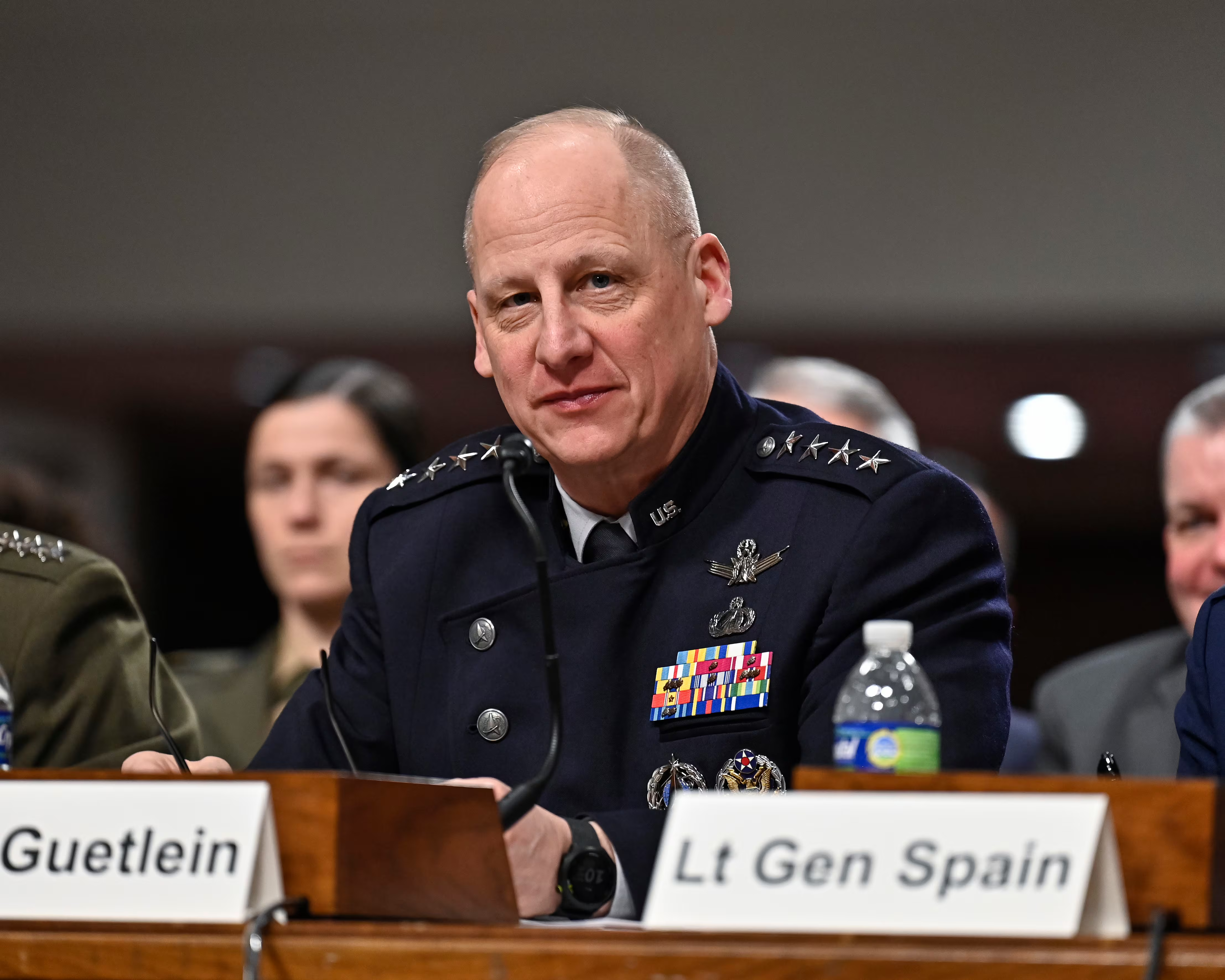President Joe Biden probably knows more about nuclear policy than any commander-in-chief in recent history.
He served in the Senate for 36 years and was a long-time member of the Foreign Relations Committee. As vice president, he oversaw Senate approval of the 2010 New START arms control treaty and worked with then-President Barack Obama to seek an (as yet unfulfilled) no first use policy — a common-sense pledge the United States would never start a nuclear war.
Now, President Biden can set his own policy for how the United States would use the bomb. As part of his ongoing Nuclear Posture Review, Biden can take a major step toward nuclear sanity by declaring nuclear weapons have no purpose other than deterring their use by others. But first, he may have to overrule naysayers who would seek to prevent him from setting the path he knows will reduce the risk of nuclear war and keep the nation and its allies safe.
U.S. nuclear weapons cannot be used without presidential approval, so the president’s views are paramount.
As vice president in 2017, he said, “Given our non-nuclear capabilities and the nature of today’s threats — it’s hard to envision a plausible scenario in which the first use of nuclear weapons by the United States would be necessary. Or make sense.” Biden has said multiples times “deterring — and, if necessary, retaliating against— a nuclear attack should be the sole purpose of the U.S. nuclear arsenal.”
What does “sole purpose” really mean? The administration has yet to clarify, but presumably it would mean the only role for nuclear weapons is to deter others from using nuclear weapons against us or our allies. Washington would not start a nuclear war by responding to a conventional or biological attack with nuclear weapons. Nukes should deter nukes, period.
These distinctions matter because the Trump administration sought to expand its authority to start nuclear war. The 2018 Trump policy review declared it could use nuclear weapons against “significant non-nuclear strategic attacks,” widely interpreted to include cyberattacks. And, of course, during his tenure, President Trump could have ordered a nuclear strike on his sole authority at any time.
Expanding the roles and missions for nuclear weapons is a terrible idea. Simply put, the more options there are to use nuclear weapons, the more likely it is they will be used — at great cost to U.S. and global security. In the case of a cyberattack, why would we want to risk starting a nuclear war when we could respond with a proportional and credible counterattack?
However, the emerging narrative in Washington is that China’s apparently expanding nuclear arsenal means the president should pause any shift toward sole purpose. This is misguided. We share concerns about Beijing’s plans, but it is likely China is responding to the much larger nuclear arsenals of Moscow and Washington and the increasing numbers of U.S. missile interceptors that undermine China’s confidence in its ability to retaliate. Such tensions call for more diplomacy and arms control, not less.
Biden must also push back against arguments that U.S. allies are opposed to sole purpose. The United States should reassure allies we will uphold our defense obligations, and a sole purpose declaration will not weaken our extended deterrence commitments.
It appears some in the Biden administration and Congress are trying to control the review process so that options they dislike never get to the president’s desk. A key Pentagon staffer who supported more restrained nuclear policies was recently forced out of her job, and a DoD official told POLITICO it’s “not likely that sole purpose or no first use will be presented as options” to the president.
The Pentagon has denied this, and principal deputy national security adviser Jon Finer said in an interview with Ploughshares Fund this will “be the president’s posture review and the president’s policy.” Just as on Afghanistan, Biden may need to overrule some of his advisers to get the policy he wants.
Biden rightly views nuclear weapons in much the same way as most of his predecessors; since 1945, U.S. presidents have shown almost universal revulsion at the thought of going nuclear. As we describe in our book The Button, since President Harry Truman, presidents have refused to use the bomb even in small numbers and even in the face of military defeat. No president wants to be remembered for breaking the 76-year nuclear taboo.
Mr. President, please follow the instincts you had on nuclear weapons as vice president. Sole purpose made sense then, and it still does. There is no plausible situation in which it would make sense to start nuclear war, and it is time to say so.
William Perry served as defense secretary in the Clinton administration and Tom Collina is director of policy at Ploughshares Fund. Together they wrote “The Button: The New Nuclear Arms Race and Presidential Power from Truman to Trump,” released in 2020.








